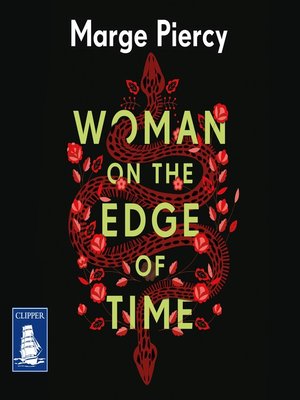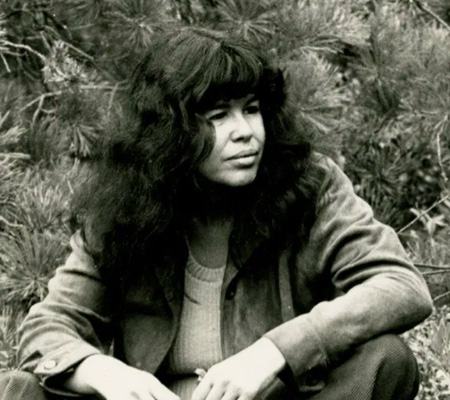

Flashbacks provide insight into what the American Movement had been like a decade earlier when the various protests had been non-violent and participation could sometimes be more relaxed. Marge Percy wrote Vida in the late 1970s, the same period in which the book’s action takes place and a time when activism was under aggressive attack by government forces. New York : Summit Books, c1979.Ī sweeping, gritty novel about the people involved in the radical movements in the USA in the 1970s, told from the perspective of a woman. Forty years later, FR remains committed to these core values.Vida, by Marge Piercy. Challenges of race, class and sexuality have been central to the development of the journal. When Feminist Review first appeared in 1979 it described itself as a socialist and feminist journal, ‘a vehicle to unite research and theory with political practice, and contribute to the development of both’. As well as academic articles we publish experimental pieces, visual and textual media and political interventions, including, for example, interviews, short stories, poems and photographic essays. The Feminist Review Collective is committed to exploring gender in its multiple forms and interrelationships.įeminist Review resists the increasing instrumentalisation of scholarship within British and international higher education and thus supports the generation of creative and innovative approaches to knowledge production. Feminist Review invites critical reflection on the relationship between materiality and representation, theory and practice, subjectivity and communities, contemporary and historical formations. In this regard, Piercy's novel is read as representing a form of feminist futurity that engages with progress in time as necessarily uneven, discontinuous and fractured, speaking to contemporary demands for a feminist futurity that might require more nuanced accounts of the past.įeminist Review is a peer reviewed, interdisciplinary journal setting new agendas for feminism. The novel represents the future through the themes of loss, mourning and haunting, which I argue resist a model of time that moves linearly from past to future and instead bring the past and future into complex relation with each other. Drawing on recent feminist and queer theory that suggests that the future might most productively be figured through more nuanced and renewed engagements with the past, I argue that readings of Piercy's novel that frame it only through its contemporary moment obscure the novel's critique of singular, linear models of time. While dominant readings of this novel have focused on its relationship to the feminist Utopian genre and feminist theory from the 1970s, this essay aims to critically reframe the novel through contemporary feminist theorising on time and futurity.


This article considers the question of feminist futurity through Marge Piercy's Woman on the Edge of Time (1976).


 0 kommentar(er)
0 kommentar(er)
